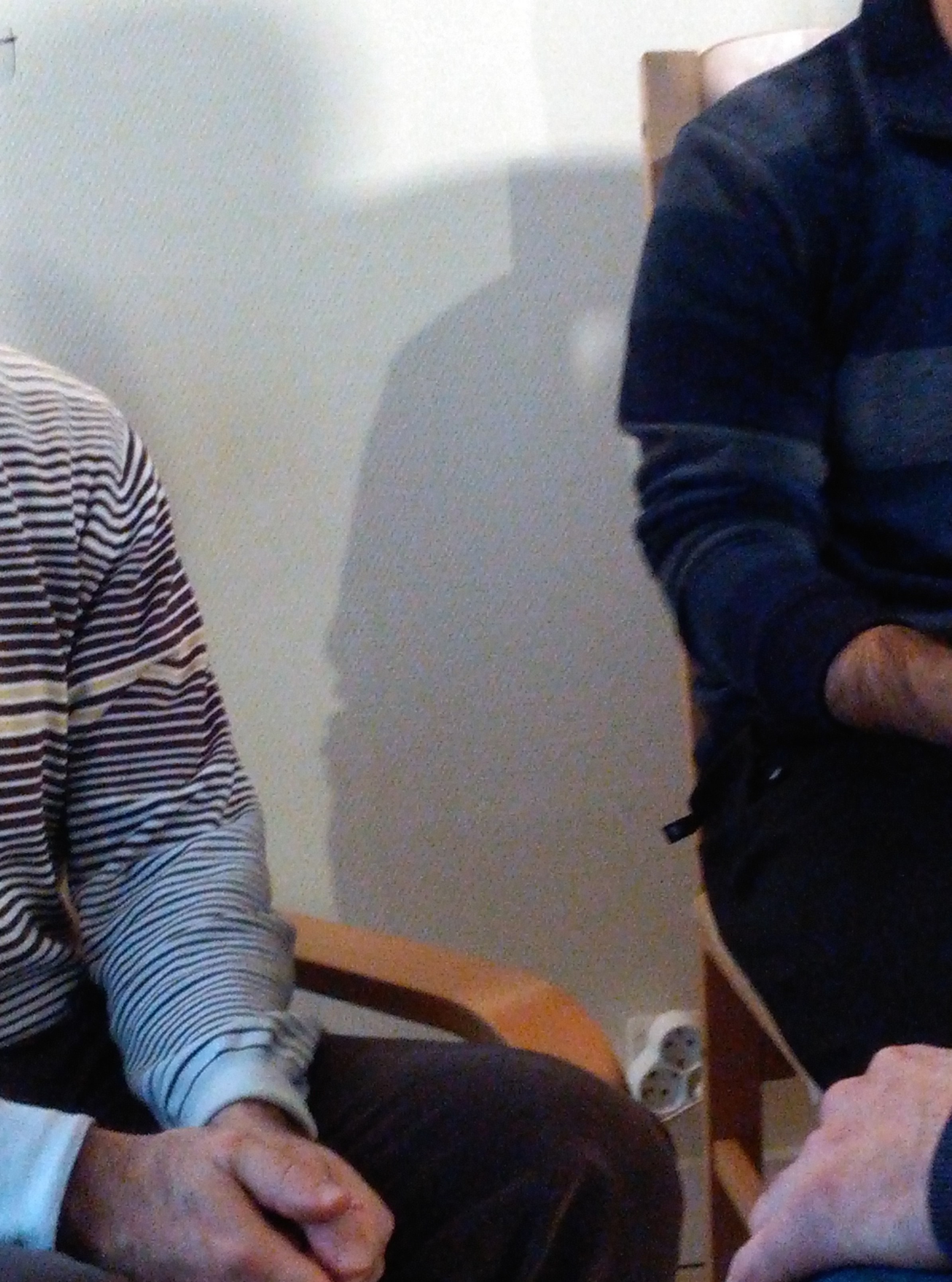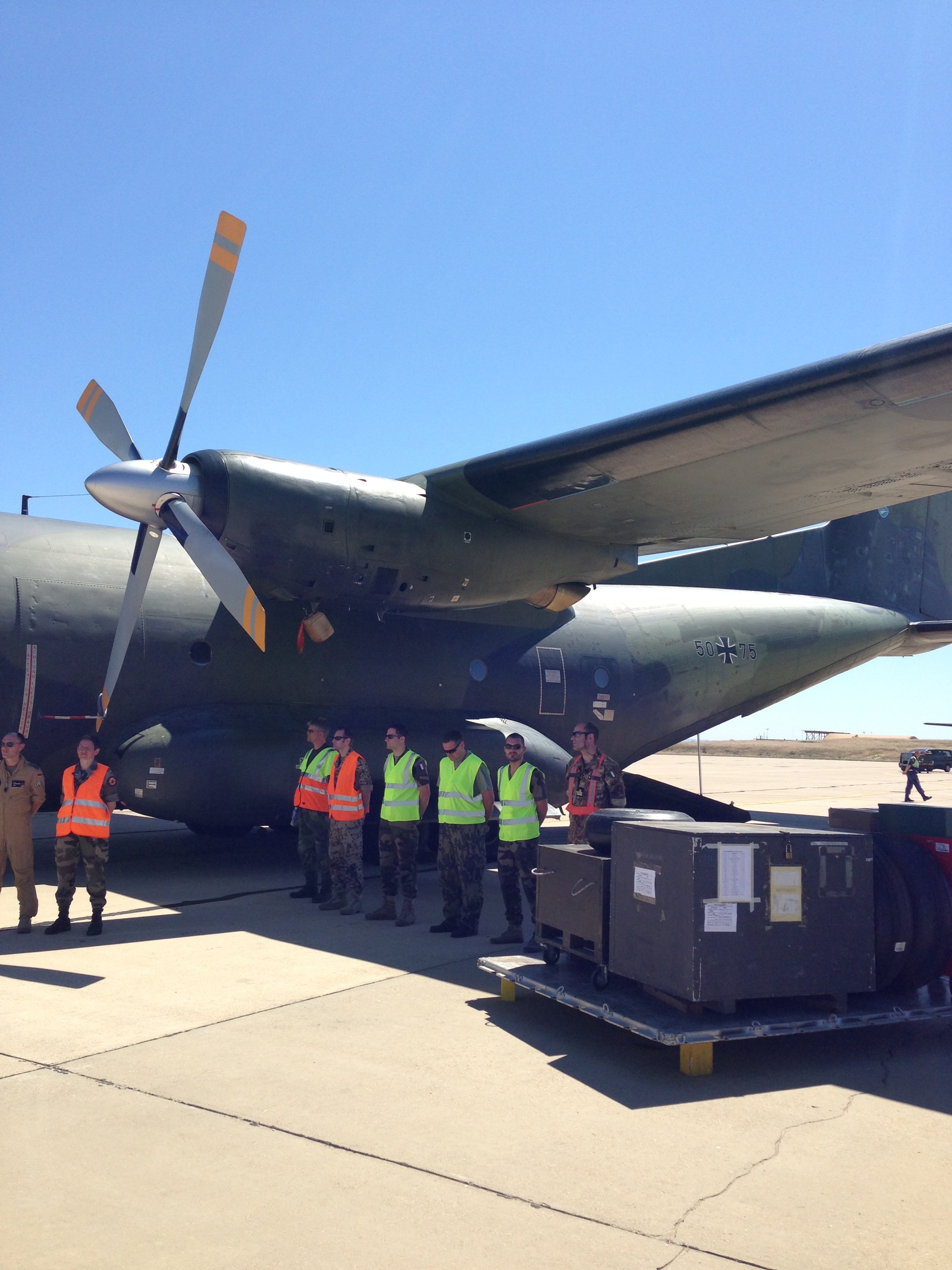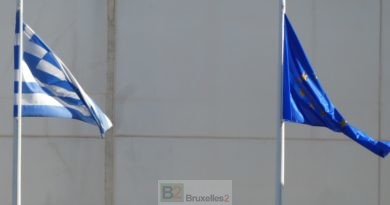Czechoslovakia: the new media policy
(archives) Czechoslovak television has today regained its pride in being and its legitimacy.
(In Prague) After the distorted transcription of the police intervention of November 17 - the demonstrators being presented as hooligans, which had just as much as the facts themselves, fueled the anger of the students - it took a 180 turn degrees. It must be said that she has come a long way.
Depending directly on the party, its directors were carefully chosen from among the members of the nomenklatura. The programs were designed to evade all contestation and contribute to "the socialist education of the masses". Sometimes in defiance of natural competition. Indeed, due to its geographical location where from any point of the territory, a border is only less than one hundred kilometers away, Czechoslovakia is a privileged country. The most popular foreign stations are Austrian and Hungarian television, with a large minority of the population still speaking Hungarian or German. This Hungarian television which has often borne the brunt of the ire of the Prague government, for its reports, a tad provocative, on the spring of 1968, on Dubcek...
For the past week, the programs have been both more extensive and the news more objective. The "wooden language" has been put away, even if the inter-program radio in Prague, intended for foreigners, continues to give carefully watered down information. The reconquest of the public has also begun. Reports, debates, commentaries on current events… follow one another at a rate sometimes going up to 10 hours a day. But there is no point in looking at the program in the newspapers. It is almost never respected! Even for movies. Indeed, the Slovak Ministry of Culture has since last Tuesday lifted the ban on so-called bourgeois films. And these are kilometers of films that are now available and that viewers are rediscovering.
Flagship of this new interactivity, the show Dialogue broadcast live, brings face to face for nearly two hours, representatives of the opposition, the communist party and ordinary citizens on a subject that was still taboo yesterday: censorship, the police…. It seems that journalists have managed to regain the reins of a power they had lost 21 years ago. On the radio, even if the structures remain, a program coordination commission, made up of twelve people, 11 journalists (5 representing the CP, 6 the opposition) and the director, has been set up to change the programs and the news. On television, the change is more radical since Miroslav Pavel, former spokesman for the government in 68/69, reintegrated into the Party in 1984, was appointed last Tuesday to the post of director; and that a reform, one of the fundamental points of which is the decentralization and transformation of the 2nd channel into a regional channel, should take place next January.
(Nicolas Gros Verheyde)
article published in the Quotidien de Paris, December 2, 1989



Comments closed.